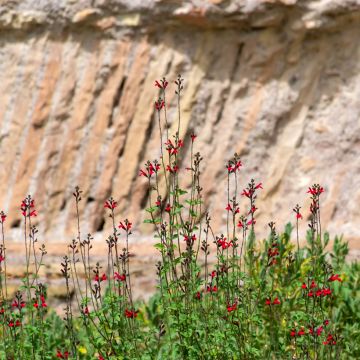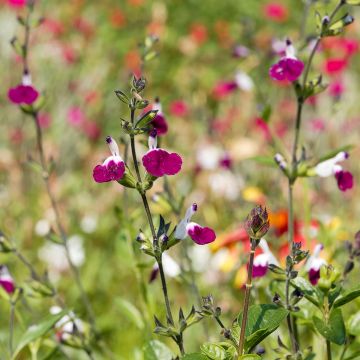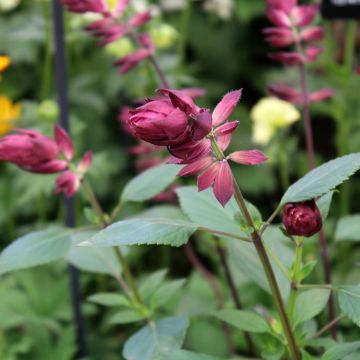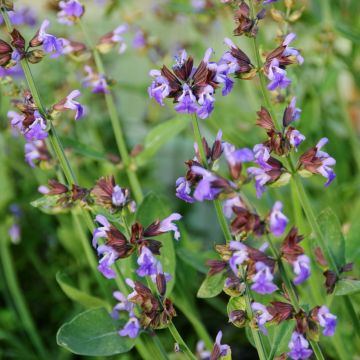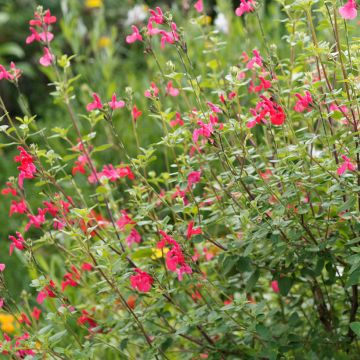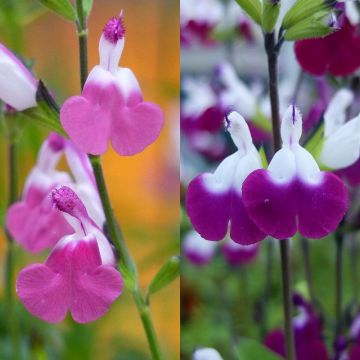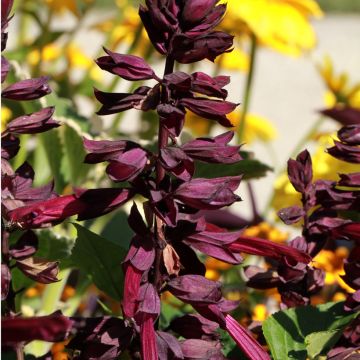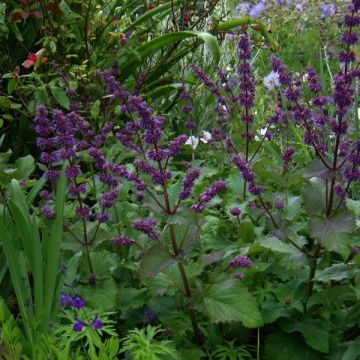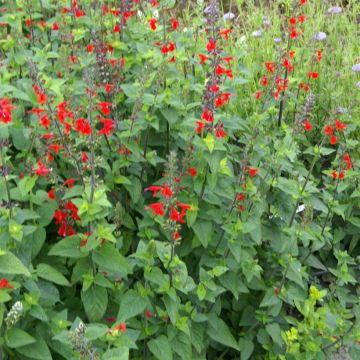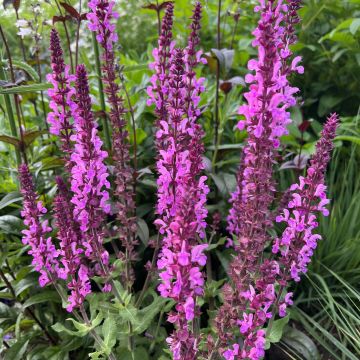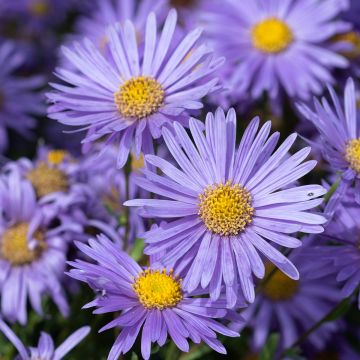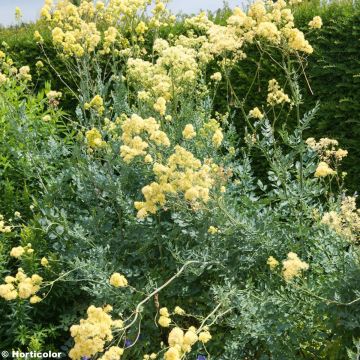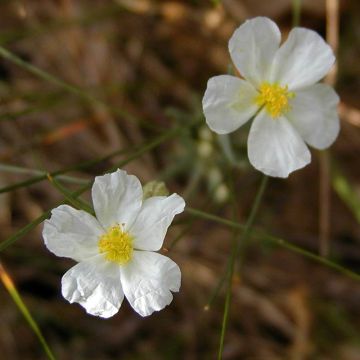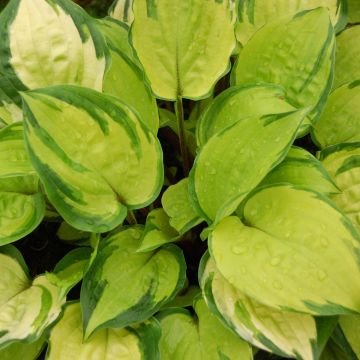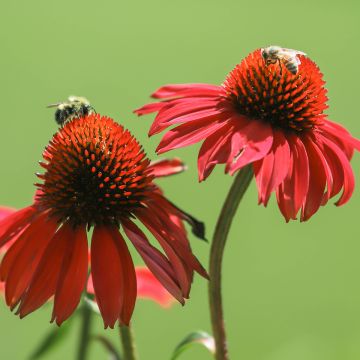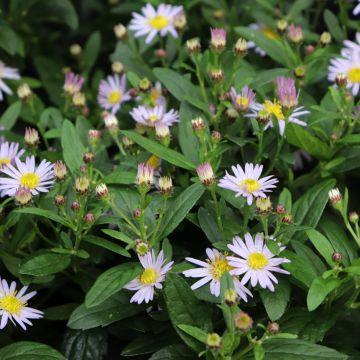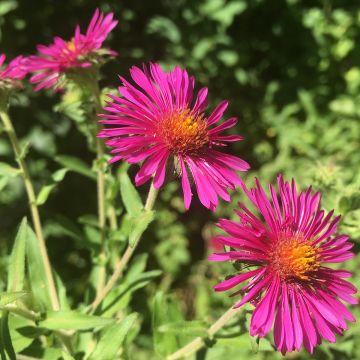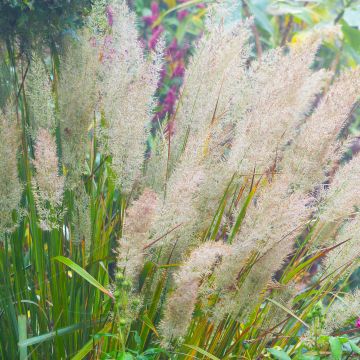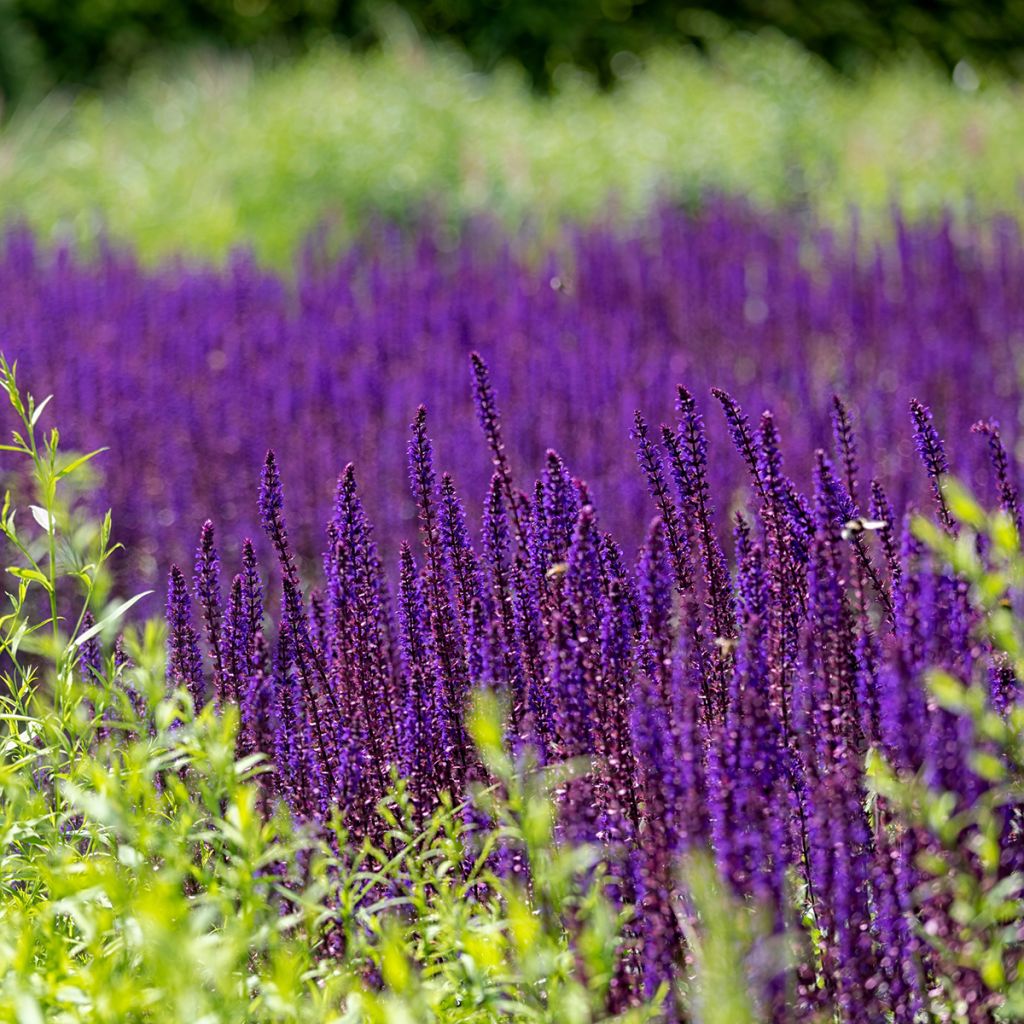

Salvia nemorosa Caradonna Compact - Sauge des bois
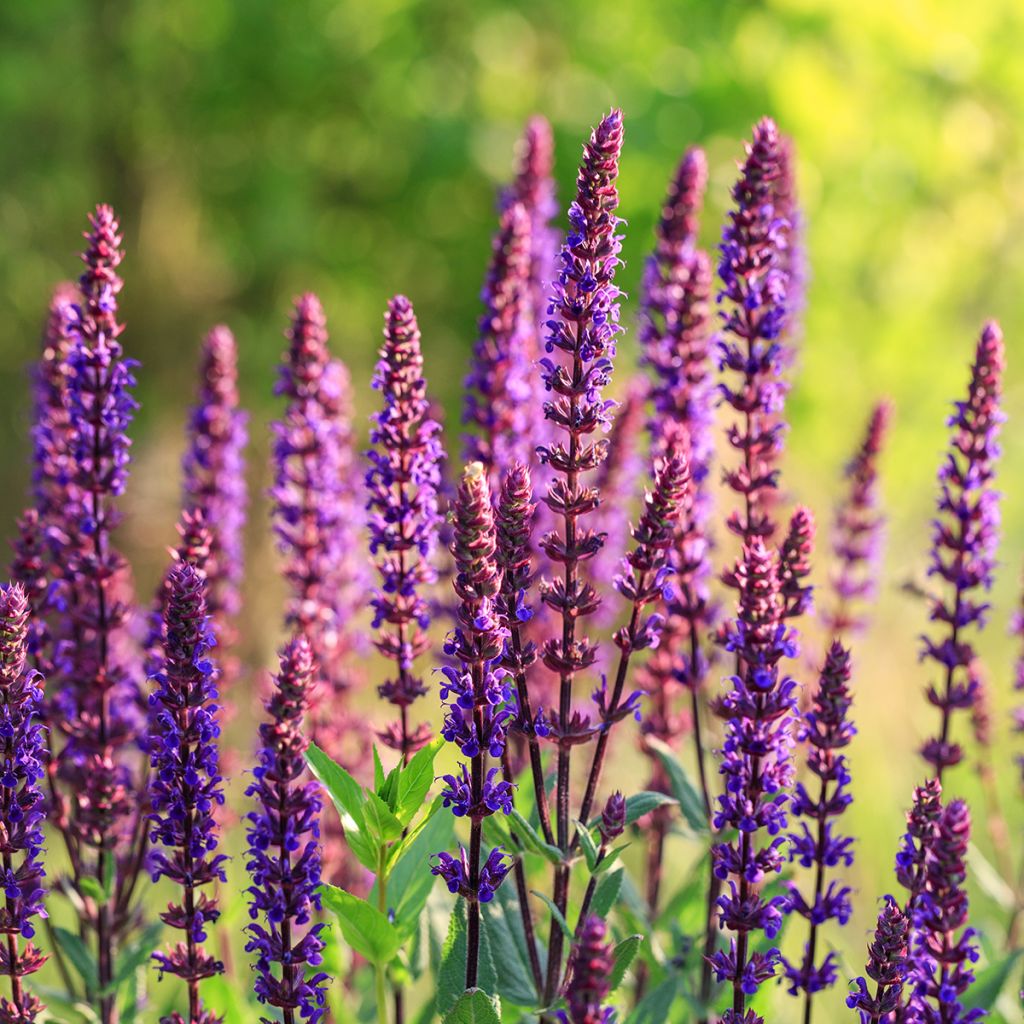

Salvia nemorosa Caradonna Compact - Sauge des bois
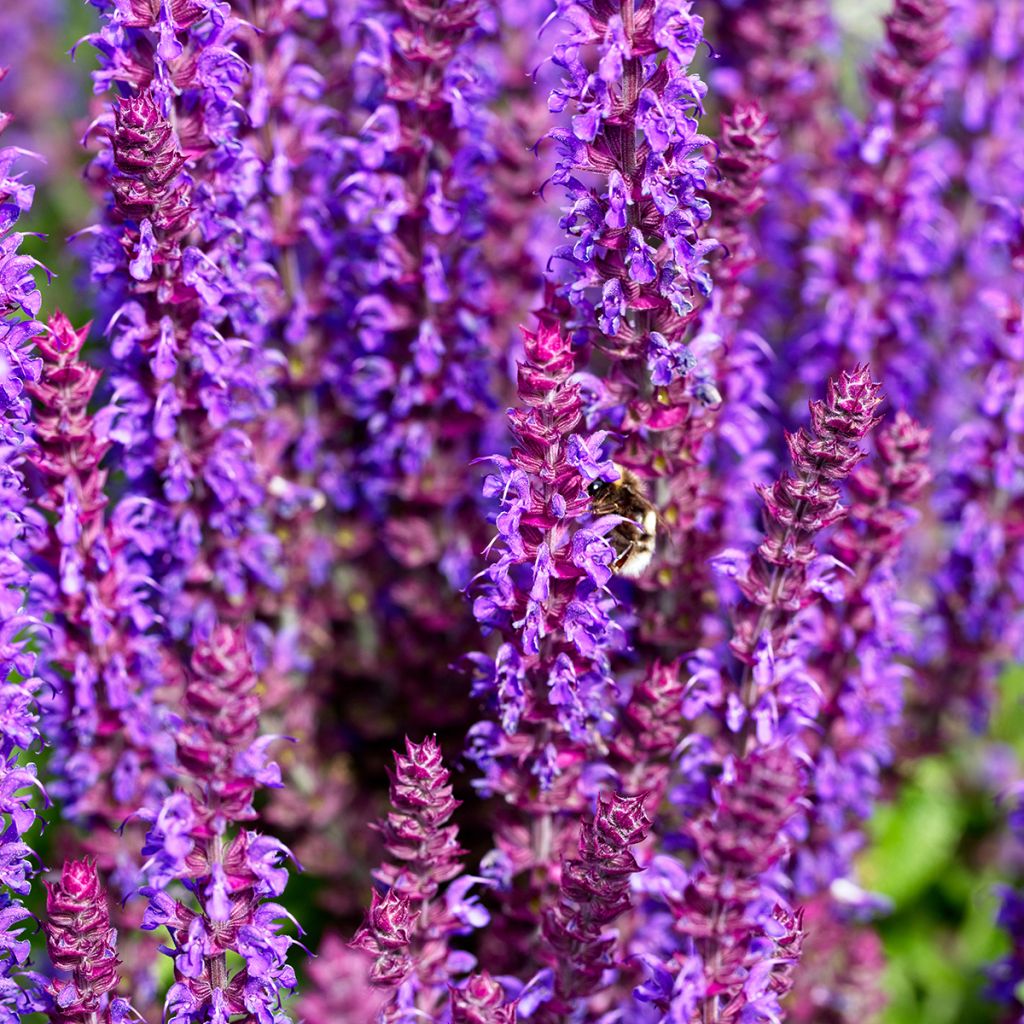

Salvia nemorosa Caradonna Compact - Sauge des bois
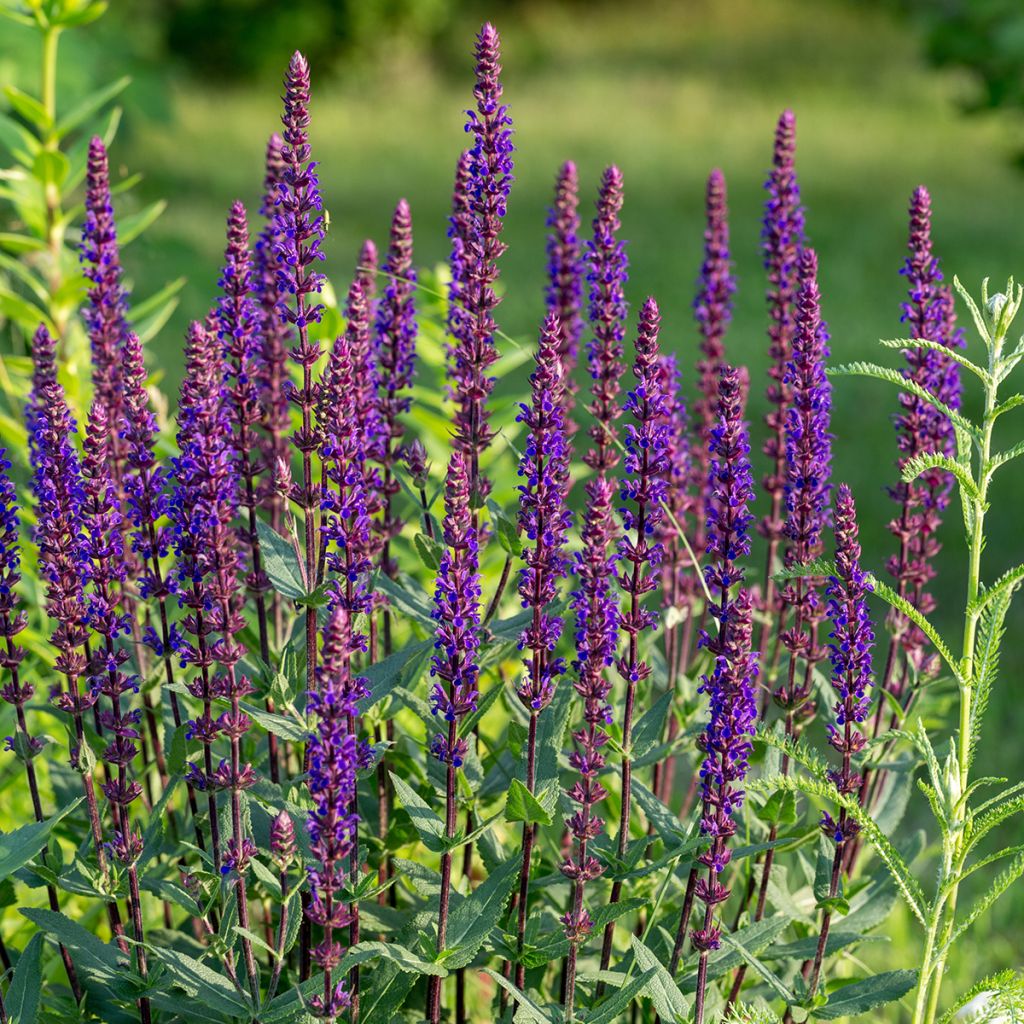

Salvia nemorosa Caradonna Compact - Sauge des bois
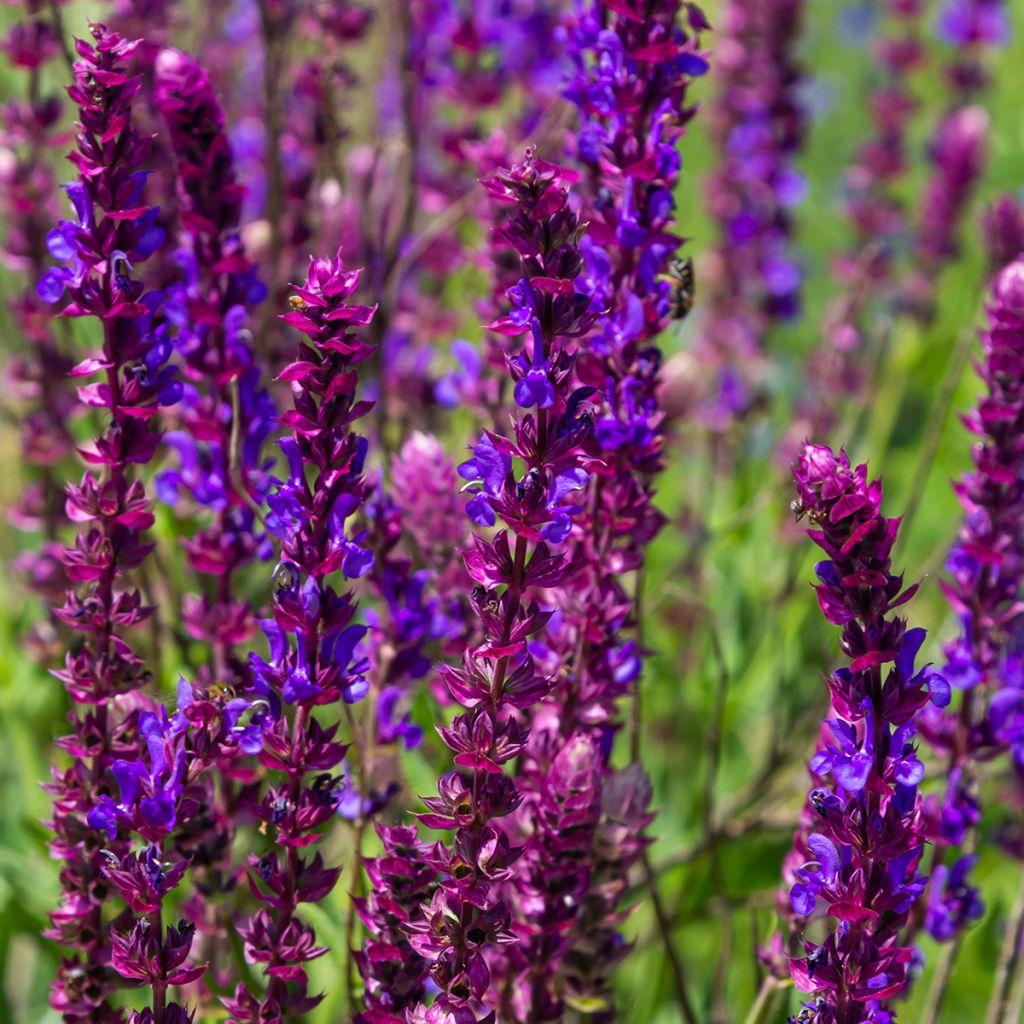

Salvia nemorosa Caradonna Compact - Sauge des bois
Salvia nemorosa Caradonna Compact - Woodland Sage
Salvia nemorosa Caradonna Compact
Woodland Sage, Balkan Clary
Not at all 8/9 cm, just two tiny leaves. I hope it recovers in spring—very disappointed.
Julien Gueguenou , 23/09/2025
Special offer!
Receive a €20 voucher for any order over €90 (excluding delivery costs, credit notes, and plastic-free options)!
1- Add your favorite plants to your cart.
2- Once you have reached €90, confirm your order (you can even choose the delivery date!).
3- As soon as your order is shipped, you will receive an email containing your voucher code, valid for 3 months (90 days).
Your voucher is unique and can only be used once, for any order with a minimum value of €20, excluding delivery costs.
Can be combined with other current offers, non-divisible and non-refundable.
Home or relay delivery (depending on size and destination)
Schedule delivery date,
and select date in basket
This plant carries a 12 months recovery warranty
More information
We guarantee the quality of our plants for a full growing cycle, and will replace at our expense any plant that fails to recover under normal climatic and planting conditions.
Would this plant suit my garden?
Set up your Plantfit profile →
Description
The Salvia nemorosa 'Caradonna Compact' is a more compact variation of the Caradonna woodland sage favoured by all gardeners. Shorter and fuller, it has the same early flowering with an insolent purple on its almost black stems. A melliferous and nectariferous flowering that will continue until autumn as long as the faded flower spikes are removed with shears. Not demanding, tolerant of limestone and drought, this lively little perennial animates sunny beds and flower pots for almost 6 months.
The Salvia nemorosa is a herbaceous perennial of the lamiaceae or labiate family. It is a species native to Central Europe and Western Asia. 'Caradonna Compact' is one of its many cultivars, and not the least since it comes from one of the best. Its adult size will not exceed 40 - 45 cm (18in) in height when flowering, 30 cm (12in) for the foliage, and 40 cm (0 and 16in) in width. This perennial develops from a prostrate rosette of oval, rough, wavy leaves, very dark green, with toothed edges, aromatic when crushed. It has a bushy, compact, dense and sturdy habit. Flowering begins in May and continues until August. It slows down in the height of summer depending on the coolness of the soil, then picks up again in late summer if it has been pruned after the first wave of flowers. From the foliage clump, thin terminal clusters of very dark-coloured flowers emerge, where numerous tiny flowers with intense violet, bracts of a very dark purple, are tightly packed. The beautiful nectar-rich flower spikes delight butterflies and bees. The base of the stems is often reddish. The leafy stems dry up in autumn, with the plant overwintering as small green rosettes close to the ground.
Caradonna Compact sage is an excellent candidate for ornamenting terraces and balconies, and also a privileged host in low-maintenance flower beds. Easy to grow in most regions, it is also one of the hardiest sages, and as such, a wonderful garden perennial that will not disappoint. It can withstand anything, even wind, cold, heat, and poor soils. Like catmints, this perennial will look superb alongside pink-flowered roses like 'The Fairy' or Annelies. Or red for a strong contrast (Mainaufeuer rose). It also pairs perfectly with grey foliage of wormwoods in dry soil, or the purple foliage of Physocarpus opulifolius 'Lady in Red' in moister soil. It also pairs well with light pink-flowered plants like the rose vervain 'Rosea', which will tower over it, the bushy lavatera 'Barnsley', or the Penstemon 'Evelyn'.
With over 900 species of annuals, perennials, and soft-wooded shrubs spread throughout the world, excluding very cold regions and the tropical forest, the genus Salvia is the richest in the lamiaceae family. The name Salvia, which dates back to Roman times, derives from the Latin salvus, meaning 'healthy', alluding to the medicinal properties of common sage.
Report an error about the product description
Salvia nemorosa Caradonna Compact - Woodland Sage in pictures
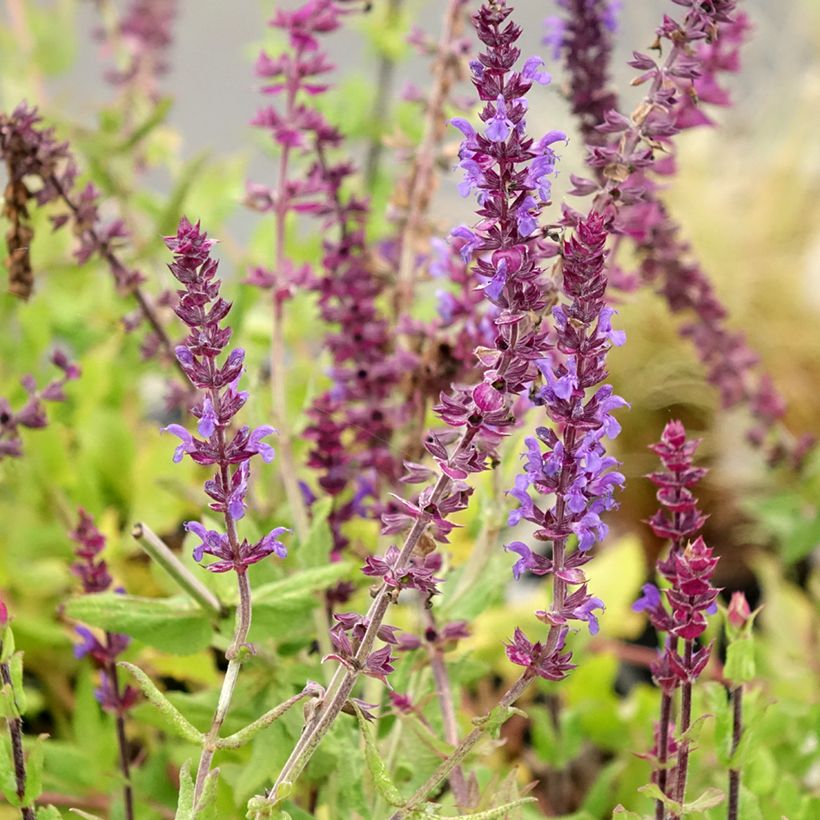

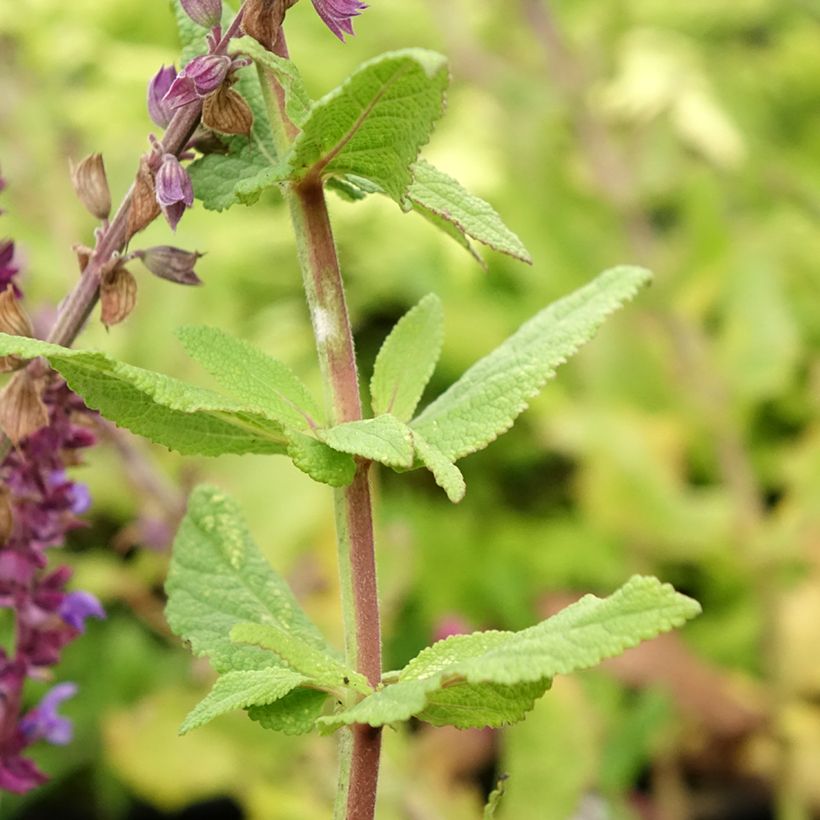

Flowering
Foliage
Plant habit
Botanical data
Salvia
nemorosa
Caradonna Compact
Lamiaceae
Woodland Sage, Balkan Clary
Cultivar or hybrid
Other Salvia - Sage
View all →Planting and care
The Salvia nemorosa 'Caradonna Compact' is planted from October to March, outside the frost period, with a spacing of 40 cm (16in) in a well-drained soil, even stony, in full sun or partial shade. This plant tolerates and even appreciates limestone and some dryness. It does not appreciate heavy and waterlogged soils in winter that can harm its hardiness. In winter, add some compost or other organic matter. Prune it to 20 cm (8in) in late winter before the start of vegetation. In humid climates, use a 4 to 6 cm (2in) thick mineral mulch (gravel, volcanic rock, pebbles) to drain the collar of the plant. Under these conditions, it can withstand temperatures down to -30°C (-22°F). To preserve the vitality of the sage, it is good to divide the plant after 3 years. Plant the new plants in well-prepared soil. Slightly poor soil can be improved by mixing in some horticultural compost.
Planting period
Intended location
Care
-
, onOrder confirmed
Reply from on Promesse de fleurs
Similar products
Haven't found what you were looking for?
Hardiness is the lowest winter temperature a plant can endure without suffering serious damage or even dying. However, hardiness is affected by location (a sheltered area, such as a patio), protection (winter cover) and soil type (hardiness is improved by well-drained soil).

Photo Sharing Terms & Conditions
In order to encourage gardeners to interact and share their experiences, Promesse de fleurs offers various media enabling content to be uploaded onto its Site - in particular via the ‘Photo sharing’ module.
The User agrees to refrain from:
- Posting any content that is illegal, prejudicial, insulting, racist, inciteful to hatred, revisionist, contrary to public decency, that infringes on privacy or on the privacy rights of third parties, in particular the publicity rights of persons and goods, intellectual property rights, or the right to privacy.
- Submitting content on behalf of a third party;
- Impersonate the identity of a third party and/or publish any personal information about a third party;
In general, the User undertakes to refrain from any unethical behaviour.
All Content (in particular text, comments, files, images, photos, videos, creative works, etc.), which may be subject to property or intellectual property rights, image or other private rights, shall remain the property of the User, subject to the limited rights granted by the terms of the licence granted by Promesse de fleurs as stated below. Users are at liberty to publish or not to publish such Content on the Site, notably via the ‘Photo Sharing’ facility, and accept that this Content shall be made public and freely accessible, notably on the Internet.
Users further acknowledge, undertake to have ,and guarantee that they hold all necessary rights and permissions to publish such material on the Site, in particular with regard to the legislation in force pertaining to any privacy, property, intellectual property, image, or contractual rights, or rights of any other nature. By publishing such Content on the Site, Users acknowledge accepting full liability as publishers of the Content within the meaning of the law, and grant Promesse de fleurs, free of charge, an inclusive, worldwide licence for the said Content for the entire duration of its publication, including all reproduction, representation, up/downloading, displaying, performing, transmission, and storage rights.
Users also grant permission for their name to be linked to the Content and accept that this link may not always be made available.
By engaging in posting material, Users consent to their Content becoming automatically accessible on the Internet, in particular on other sites and/or blogs and/or web pages of the Promesse de fleurs site, including in particular social pages and the Promesse de fleurs catalogue.
Users may secure the removal of entrusted content free of charge by issuing a simple request via our contact form.
The flowering period indicated on our website applies to countries and regions located in USDA zone 8 (France, the United Kingdom, Ireland, the Netherlands, etc.)
It will vary according to where you live:
- In zones 9 to 10 (Italy, Spain, Greece, etc.), flowering will occur about 2 to 4 weeks earlier.
- In zones 6 to 7 (Germany, Poland, Slovenia, and lower mountainous regions), flowering will be delayed by 2 to 3 weeks.
- In zone 5 (Central Europe, Scandinavia), blooming will be delayed by 3 to 5 weeks.
In temperate climates, pruning of spring-flowering shrubs (forsythia, spireas, etc.) should be done just after flowering.
Pruning of summer-flowering shrubs (Indian Lilac, Perovskia, etc.) can be done in winter or spring.
In cold regions as well as with frost-sensitive plants, avoid pruning too early when severe frosts may still occur.
The planting period indicated on our website applies to countries and regions located in USDA zone 8 (France, United Kingdom, Ireland, Netherlands).
It will vary according to where you live:
- In Mediterranean zones (Marseille, Madrid, Milan, etc.), autumn and winter are the best planting periods.
- In continental zones (Strasbourg, Munich, Vienna, etc.), delay planting by 2 to 3 weeks in spring and bring it forward by 2 to 4 weeks in autumn.
- In mountainous regions (the Alps, Pyrenees, Carpathians, etc.), it is best to plant in late spring (May-June) or late summer (August-September).
The harvesting period indicated on our website applies to countries and regions in USDA zone 8 (France, England, Ireland, the Netherlands).
In colder areas (Scandinavia, Poland, Austria...) fruit and vegetable harvests are likely to be delayed by 3-4 weeks.
In warmer areas (Italy, Spain, Greece, etc.), harvesting will probably take place earlier, depending on weather conditions.
The sowing periods indicated on our website apply to countries and regions within USDA Zone 8 (France, UK, Ireland, Netherlands).
In colder areas (Scandinavia, Poland, Austria...), delay any outdoor sowing by 3-4 weeks, or sow under glass.
In warmer climes (Italy, Spain, Greece, etc.), bring outdoor sowing forward by a few weeks.






























